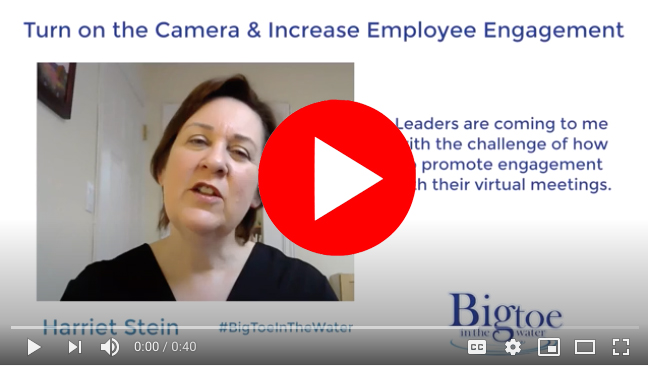| LEADERSHIP INSIGHTS |
 Businesses, service firms, and large corporations are introducing Mindfulness to their employees as it brings immediate, positive results, is easy to learn and incorporate into daily life (both in the workplace and at home), and involves only a small time commitment.
Businesses, service firms, and large corporations are introducing Mindfulness to their employees as it brings immediate, positive results, is easy to learn and incorporate into daily life (both in the workplace and at home), and involves only a small time commitment.
Why is Mindfulness needed in the workplace?
 Why corporations are embracing Mindfulness:
Why corporations are embracing Mindfulness:
Data shows a direct correlation between Mindfulness and the improved bottom line of a company. (See below Aetna case study re: ROI)
The Aetna Mindfulness Case Study: Mindfulness improves the bottom line
Aetna has offered Mindfulness programs to associates since 2011 as part of the company’s broader strategy. Aetna aims to ensure there is a workplace culture of well-being, and that there is a supportive, healthy work environment to help employees achieve their health ambitions. Aetna employees have the opportunity to participate in Mindfulness activities and learn how to incorporate the exercises in their everyday life.
In 2016, Aetna launched its first Mindfulness Challenge, and in 2017 the company opened its Mindfulness Center.
The results of Mindfulness programs at Aetna are quantifiable and impact the company’s bottom line*, as participants:
Aetna reports participants in programs have become more effective on the job, gaining an average of 62 minutes per week of productivity each, which Aetna estimates is worth $3,000 per employee per year.
*From At Aetna, a C.E.O.’s Management by Mantra, The New York Times, by David Gelles (2015)
The Journal of Occupational and Environmental Medicine has shown that health care expenditures are nearly 50% greater for workers who report high levels of stress. Mindfulness, due to its ability to reduce stress, is credited as an important factor in reducing both the stress level in employees and the additional health care dollars spent by highly-stressed employees as compared to their less-stressed peers.**
** An Aetna study shows that highly-stressed employees incur an additional $2,000 per year in health care costs, compared to their less-stressed peers. For a company such as Aetna, this quickly ramps up to millions of dollars a year in employee stress-related additional expenses. Aetna has stated it is seeing results from its Mindfulness programs in the form of the reduction of health care costs at the company.
Provide a life-changing program for your employees and create a healthier more collaborative and engaged workplace.